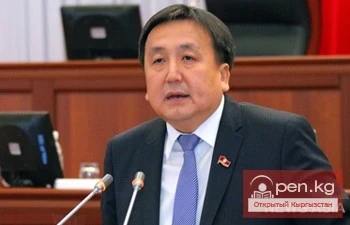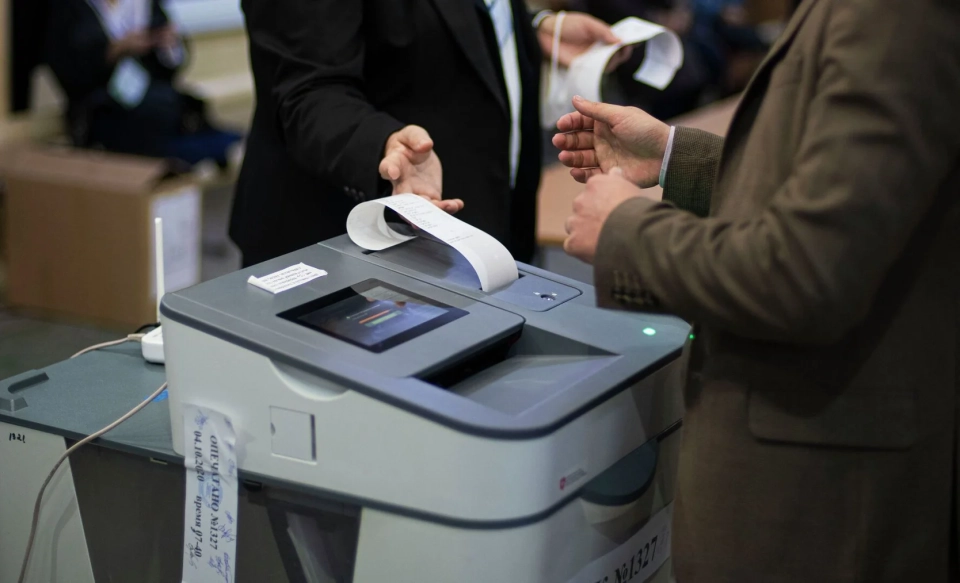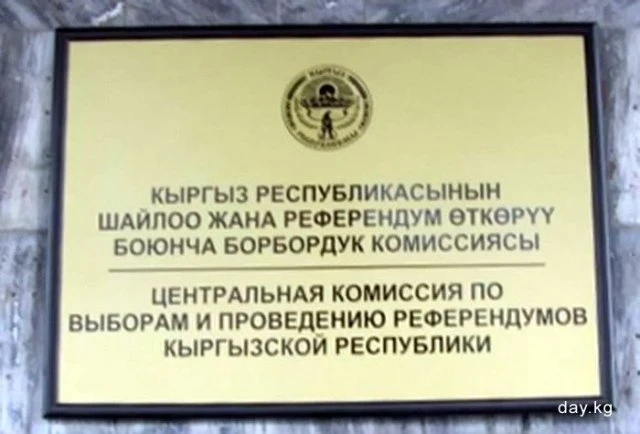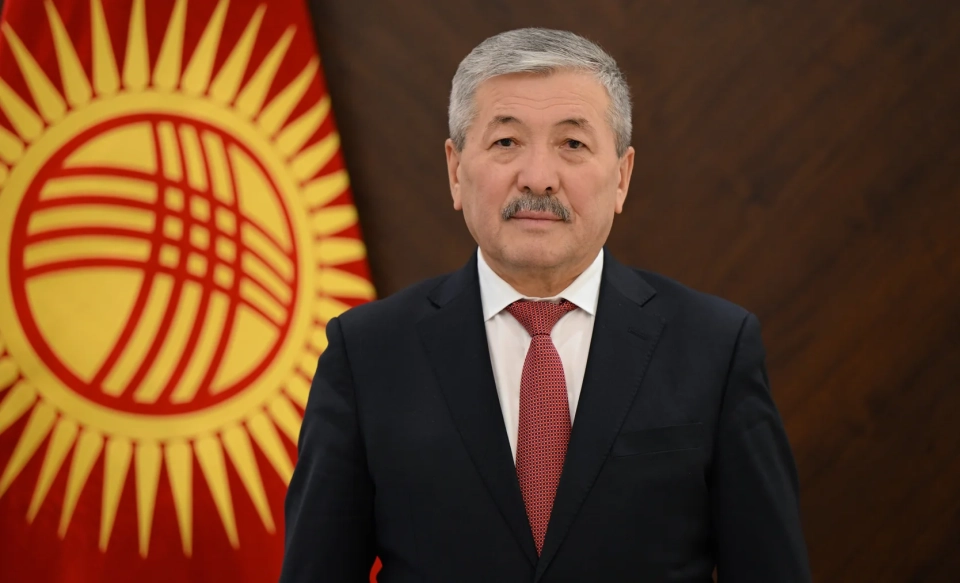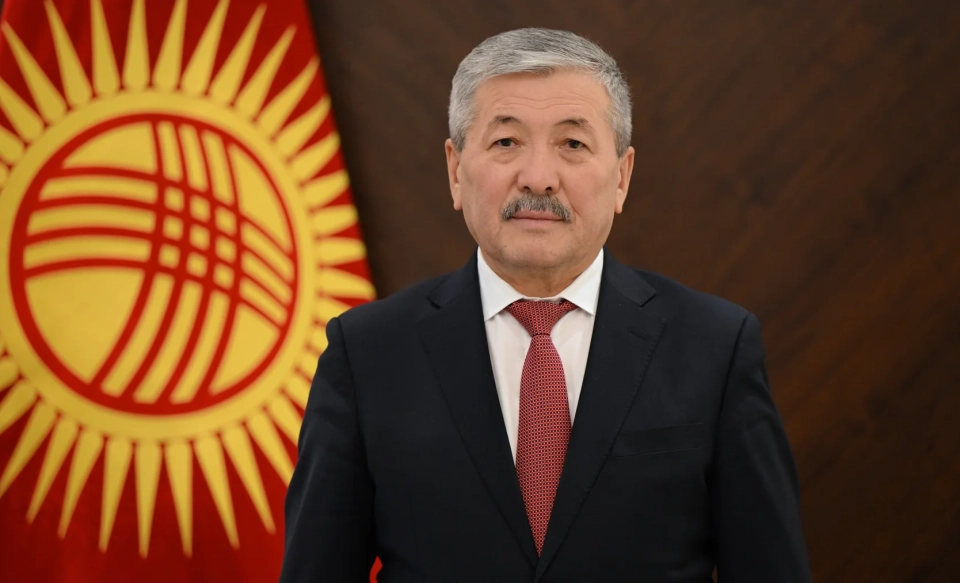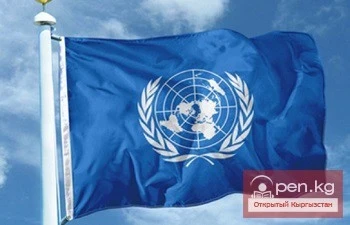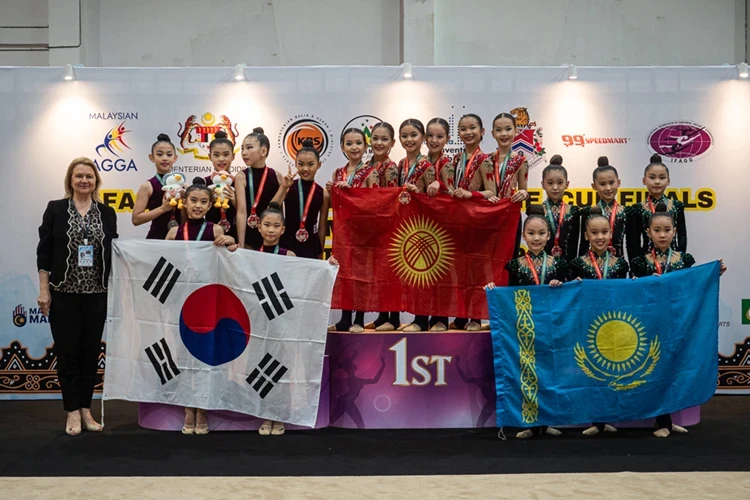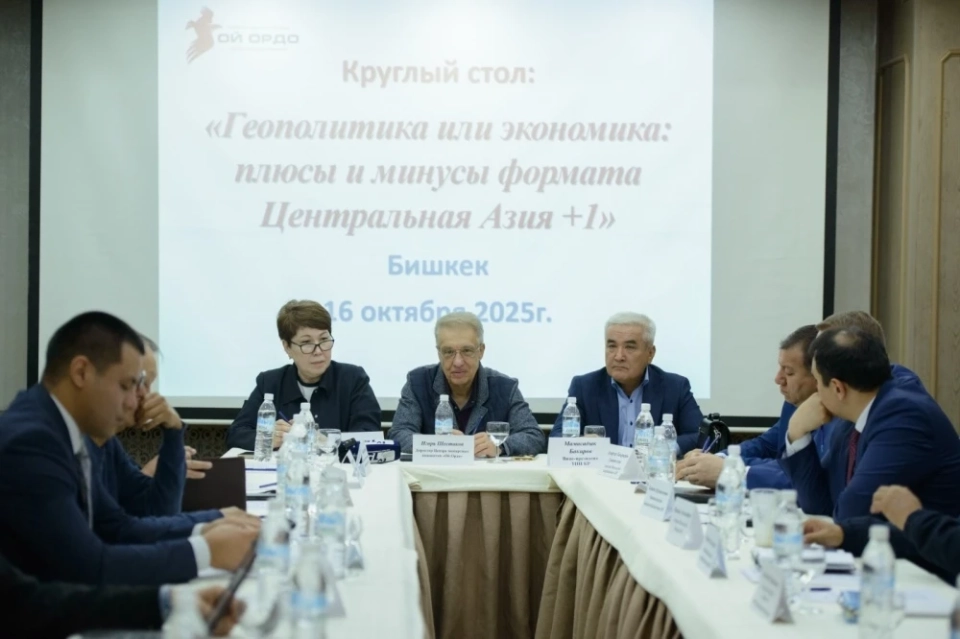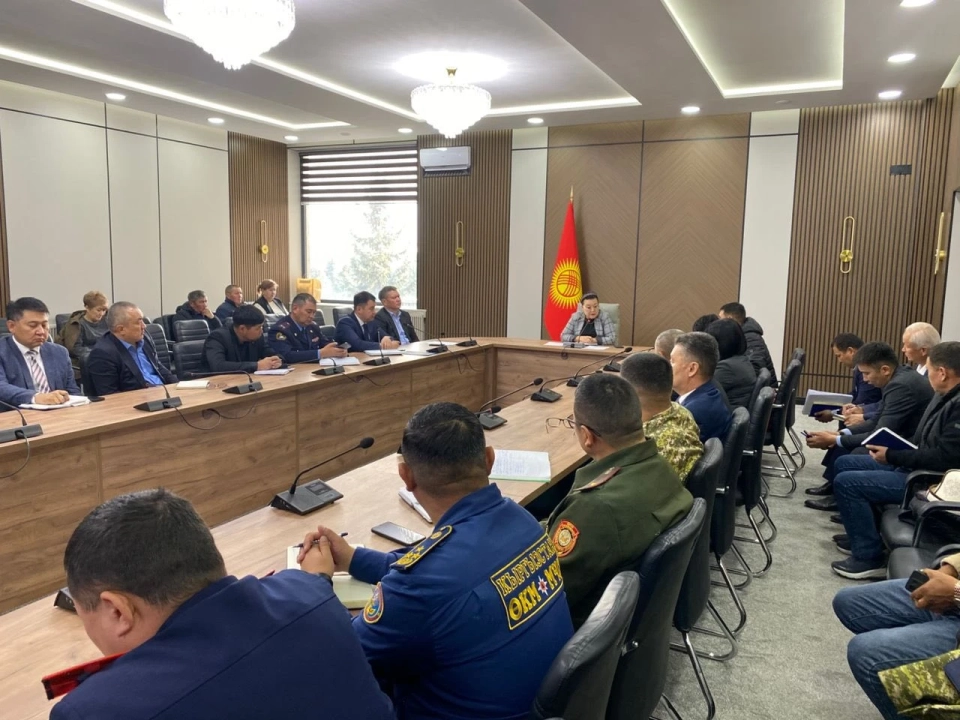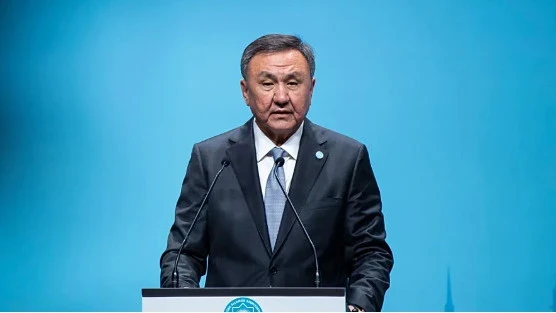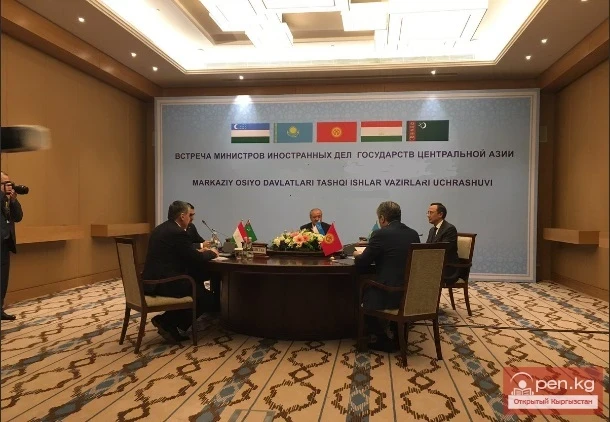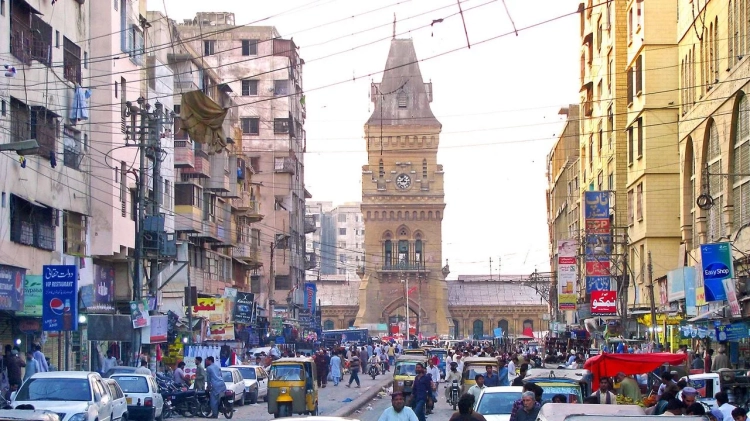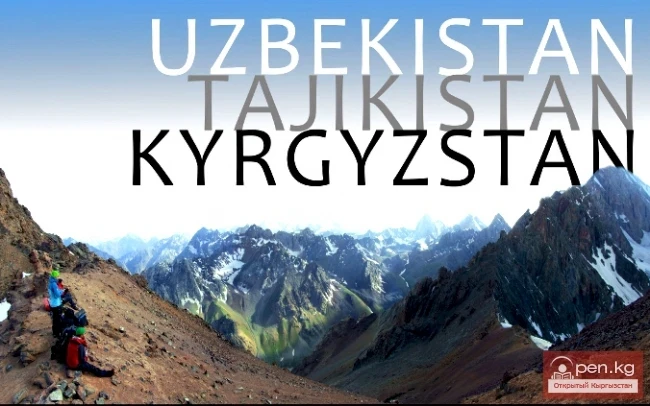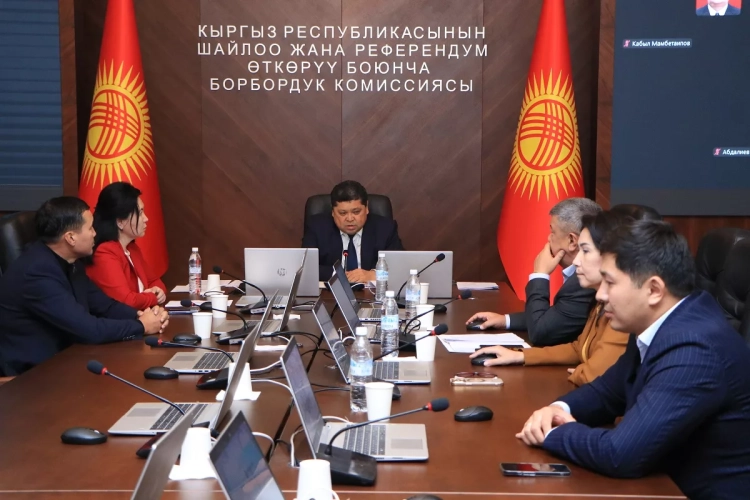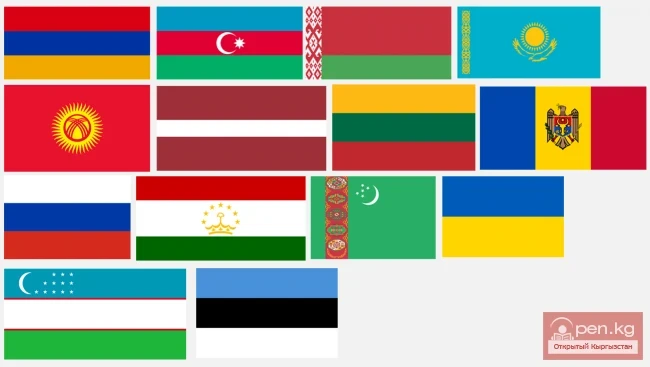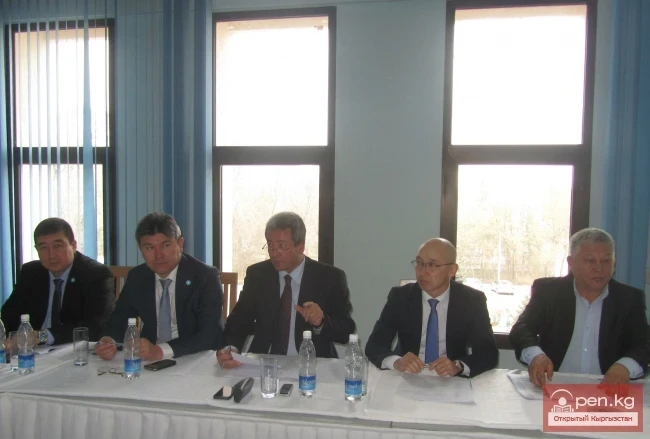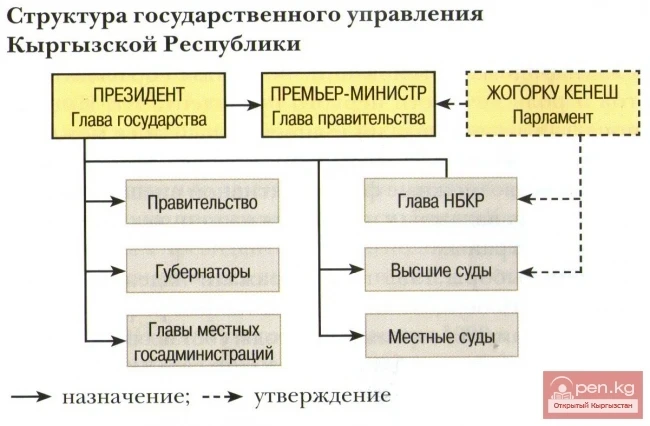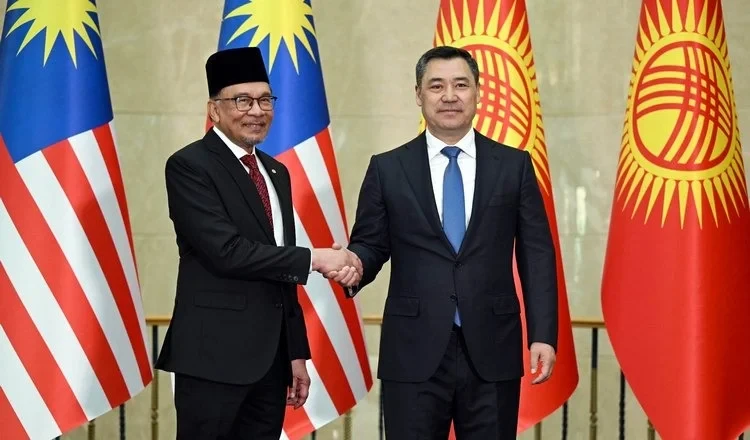
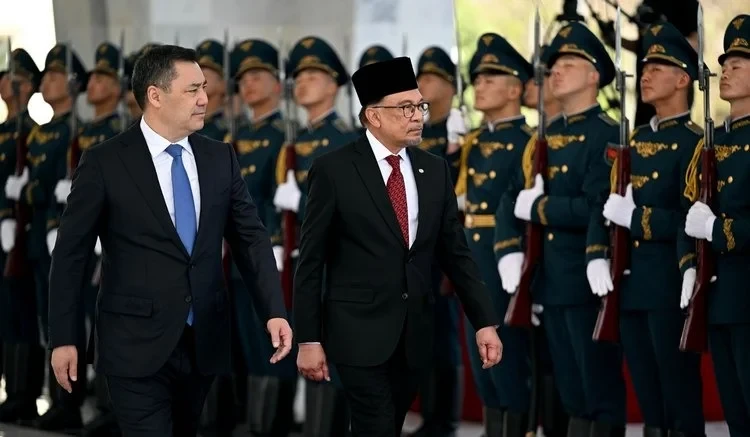
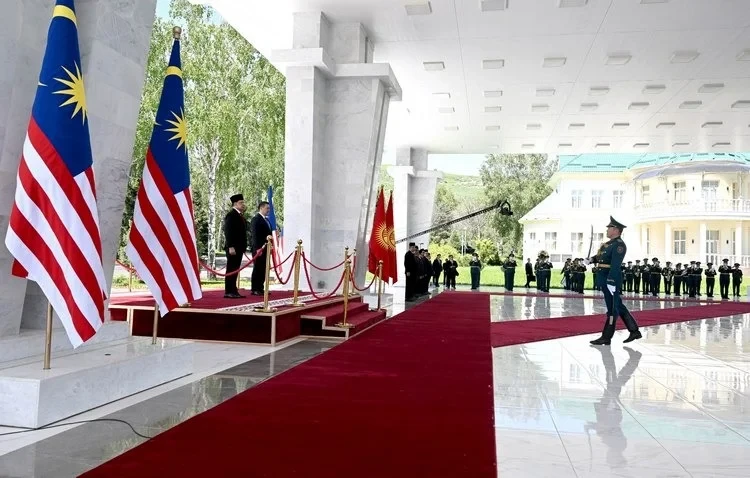



On September 25, 2025, the Kyrgyz Republic made an important decision to self-dissolve the Jogorku Kenesh, which opened the door for early parliamentary elections scheduled for November 30, 2025. This event marked a significant moment in the political development of the country, reflecting a desire to renew democratic foundations and strengthen state institutions.
In the context of these historical changes, I made an official visit to Kyrgyzstan, coinciding with the process of preparing for the dissolution of the Jogorku Kenesh. My visit was part of Malaysia's parliamentary diplomacy aimed at deepening ties with other countries through legislative interaction.
Over the years of my travels in Central Asian countries, starting from my appointment to the Senate of the Parliament of Malaysia (Dewan Rakyat), I have noticed that the states in the region are strengthening their positions on the international stage and striving to play a more active role in global political and economic processes.
Since my last visit to Bishkek in 2009, the Kyrgyz Republic has undergone significant changes, especially in the Issyk-Kul region, which has become a strategically important site capable of attracting tourists and enhancing Kyrgyzstan's international image.
Meetings with representatives of the Kyrgyz authorities confirmed that the country is striving for closer integration into the global community. Kyrgyzstan plans to nominate its candidacy for a non-permanent seat on the UN Security Council for 2027-2028 and is actively developing cultural diplomacy in preparation for hosting the World Nomad Games, which will take place next year.
My meeting with President Sadyr Japarov at "Yntymak Ordo" emphasized Kyrgyzstan's focus on renewal and modernization. This architectural complex has become a symbol of the revival of national identity and the desire to strengthen state institutions, similar to how Malaysia's "Perdana Putra" embodies the statehood of Malaysia.
President Sadyr Japarov demonstrates a pragmatic approach to developing cooperation with Malaysia, viewing it as an important Islamic partner. This opens up opportunities for improving bilateral relations.
As parliamentary elections approach in Kyrgyzstan, the implementation of a majoritarian electoral system, similar to that of Malaysia, has become an important step towards improving the political landscape and effective governance. The law signed by President Japarov in June simplifies the voting process and strengthens the connection between candidates and voters, creating a more legitimate mandate for the elected.
The new electoral system, akin to Malaysia's, allows the winning political force to obtain a more sustainable mandate for implementing state policies, contributing to political stability and predictability.
The economy of Kyrgyzstan is also showing positive results, with an average GDP growth of 9% over the past three years and 11% in the first eight months of 2025. This economic upturn, achieved through structural reforms and infrastructure development, is accompanied by the country's commitment to maintaining stability in the region. An important event was the signing of a peace agreement with Tajikistan on border issues at the beginning of the year.
The absence of territorial conflicts creates favorable conditions for regional interaction, particularly through infrastructure development, such as the China-Kyrgyzstan-Uzbekistan railway corridor, which is part of the "One Belt, One Road" initiative. This strengthens Kyrgyzstan's position as an important transit hub on the modern Silk Road and opens new opportunities for trade and investment, including the participation of Malaysian companies.
An effective strategy for further cooperation includes a quick response from the Malaysian private sector to Kyrgyzstan's growing demand for electronics, machinery, and processed food products, as well as leveraging Malaysia's experience in Islamic banking and expanding trade in halal products.
An important aspect of the discussions was the establishment of direct flights between Bishkek and Kuala Lumpur, which is necessary for strengthening people-to-people and cultural ties. My experience interacting with a Kyrgyz citizen who spent part of his life in Malaysia confirms how valuable cultural exchanges are between our countries.
A hotel staff member who served me in Bishkek is a vivid example of such ties. He studied and grew up in Malaysia, and his grandmother owned a restaurant in Langkawi. Despite leaving Malaysia, he continues to speak Malay and is successfully building a career, demonstrating the strength of educational and cultural exchanges.
In the context of modern geopolitical tensions, Kyrgyzstan and Malaysia are developing the "ASEAN + Central Asia (C5)" cooperation model, which is becoming an important tool for countering global instability.
For Kyrgyzstan, deepening ties with Malaysia and ASEAN is key to diversifying the economy and reducing dependence on traditional regional centers.
For Malaysia and the C5 countries, strengthening ties creates new opportunities for trade and investment, enhancing strategic presence in Eurasia. Both sides adhere to a multi-vector foreign policy, contributing to sustainable development and stability in the region.
The opening of the Malaysian embassy in Bishkek is seen as a strategically important step for strengthening partnership and promoting Malaysia's foreign policy as a "middle power" in cooperation with Central Asia.
From a commercial perspective, the presence of the embassy will provide Malaysia access to the Eurasian Economic Union through Bishkek, allowing for more effective navigation of trade and investment regulations. This will not only implement the "pivot to Central Asia" strategy but also demonstrate Malaysia's serious intention to develop cooperation with the region.
If the Malaysian Ministry of Foreign Affairs truly aims to expand the country's global presence, Bishkek should become one of the priority directions. Opening an embassy here is not just a diplomatic opportunity, but a necessary step to demonstrate Malaysia's intentions to strengthen ties with an important region on the world stage.
Senator Datuk Nur Jazlan Mohamed is a member of the UMNO party (United Malays National Organization) and has served as Deputy Speaker of the Senate of the Parliament of Malaysia since June 2023. From 2015 to 2018, he held the position of Deputy Minister of Home Affairs of Malaysia.
The views expressed in this article are solely his personal opinion.
